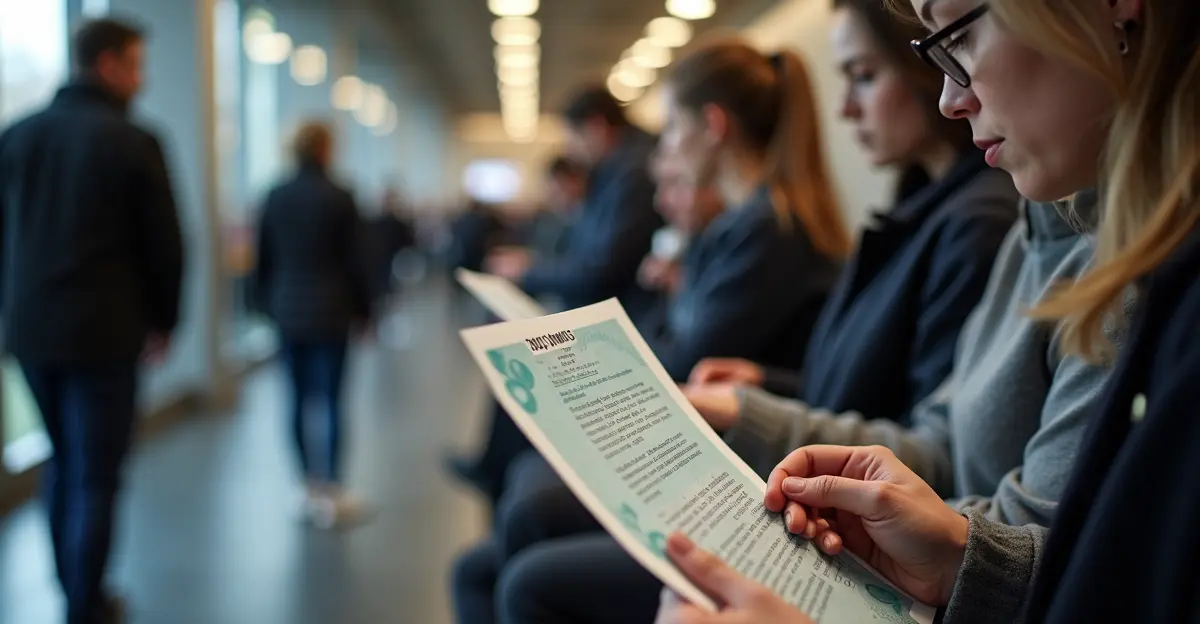Germany's 3-year UBI trial showed no work reduction but significant mental health improvements. Participants saved 37% of payments and became more altruistic, challenging stereotypes about unconditional cash transfers.

Groundbreaking UBI Results Challenge Stereotypes
Germany's comprehensive basic income experiment has delivered surprising results that challenge long-held assumptions about unconditional cash transfers. The three-year study provided €1,200 monthly to 107 carefully selected participants from June 2021 to May 2024, with findings published in April 2025.
Contrary to the "social hammock" stereotype suggesting people would stop working when given free money, researchers found no significant reduction in labor market participation. "This challenges the 'social hammock' stereotype that people would stop working if given unconditional money," emphasized Prof. Dr. Jürgen Schupp, scientific lead from the German Institute for Economic Research.
Mental Health Revolution
The most dramatic improvements appeared in psychological wellbeing. Participants showed:
- Mental health improvements by 0.347 standard deviations
- Increased sense of purpose by 0.250 SD
- Life satisfaction boost by 0.417 SD
Miriam Witz, project lead at Mein Grundeinkommen, noted: "The mental health effect is comparable to therapy! This is especially relevant after COVID."
Financial Behavior Insights
Recipients demonstrated responsible financial management:
- 37% of payments were saved
- 7% donated to charity or used to support friends/family
- Increased altruism observed as primary attitude change
Methodology Matters
The study focused on single-person households aged 21-40 with low-to-middle incomes (€1,100-€2,600 net monthly). This design choice ensured measurable impacts since the payment represented a 46-110% income increase. Unlike government-funded trials, this €7.5 million project was entirely crowdfunded through 180,000 private donors.
"We deliberately excluded multi-person households to better isolate individual effects," explained Schupp. The control group consisted of 1,580 people from over 2 million applicants, with 80% retention throughout the study - unusually high for long-term social experiments.
International Context
These findings align with other UBI trials:
- Finland's experiment with unemployed people showed no employment effects
- US studies found slight working hour reductions
- Alaska's Permanent Fund (averaging $1,600 annually) demonstrates long-term viability
Witz highlighted a key differentiator: "In our study, the basic income wasn't shared within households, giving us clearer causal relationships."
Future Implications
Researchers plan further investigations:
- Labor market data linkage for long-term employment analysis
- €500,000 basic income raffle launching May 2025 with behavioral tracking
- Macroeconomic impact study in 2026 examining group effects
Schupp suggests UBI could supplement existing social security: "For the urgently needed restructuring of social systems, all reform options must be considered." Witz emphasizes the empowerment dimension: "UBI gives people the possibility to say 'no' - crucial for changing power dynamics."
As automation accelerates, these findings provide timely evidence for policymakers considering cash transfer programs. The German study proves UBI strengthens socioeconomic resilience without reducing work motivation - potentially transforming welfare debates worldwide.
Sources: Preliminary research paper, strong target="_blank" rel="noopener noreferrer">DIW Wochenbericht, Pilotprojekt Grundeinkommen

 Nederlands
Nederlands English
English Français
Français Deutsch
Deutsch Español
Español Português
Português





